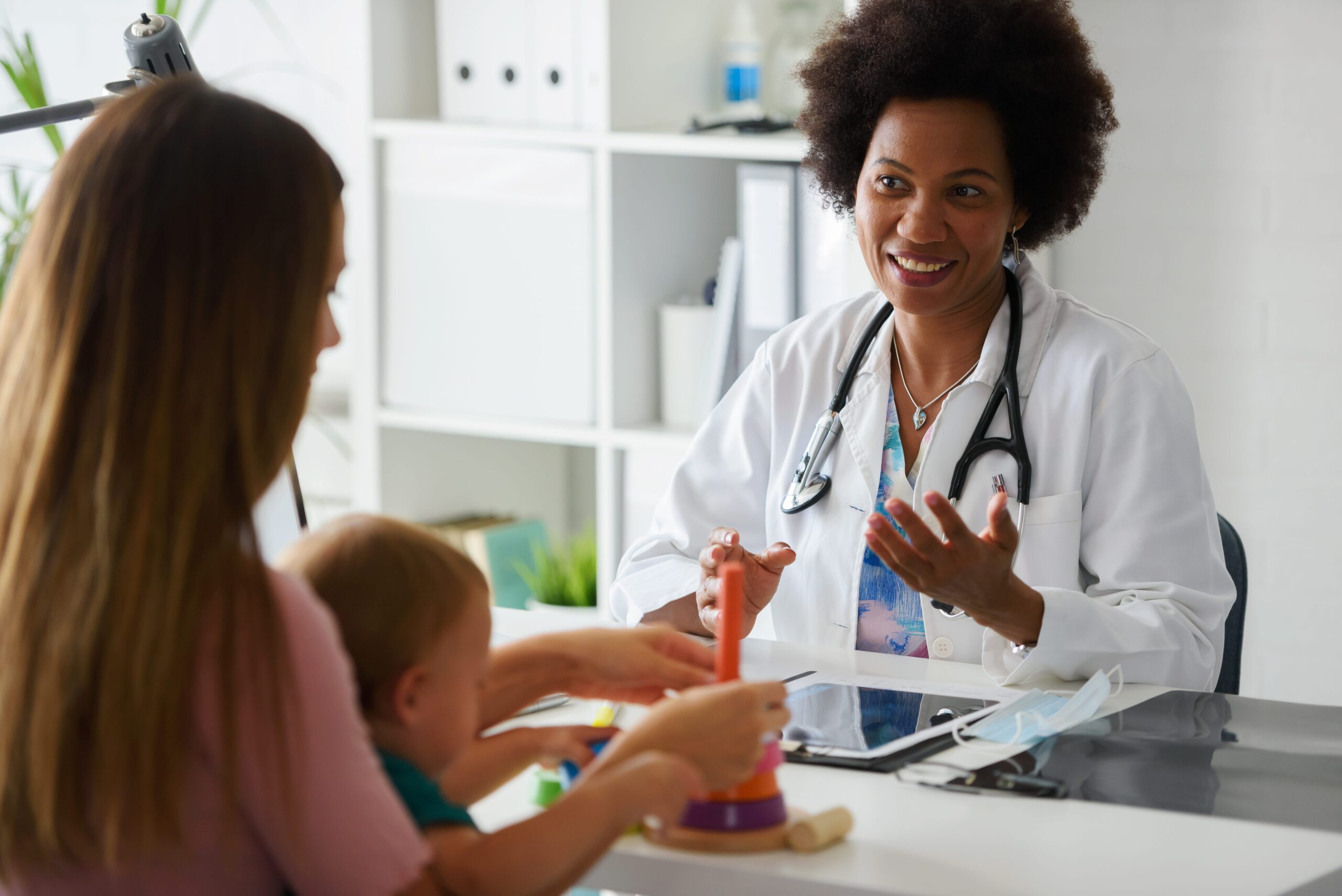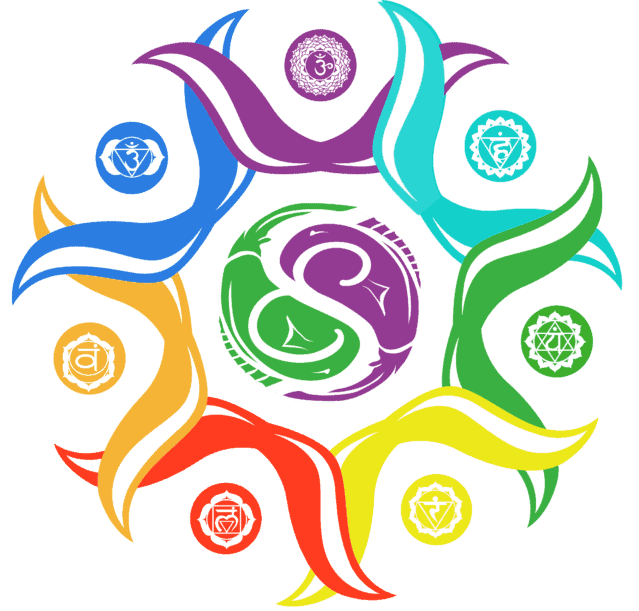Postpartum Depression Treatment in New Jersey
Postpartum depression (PPD) is a serious and often overwhelming mental health condition that affects many women after childbirth. This disorder goes beyond the “baby blues,” presenting as persistent sadness, anxiety, or disconnection that can last weeks or months. If left untreated, it can interfere with a mother’s ability to bond with her baby and manage daily responsibilities. Fortunately, compassionate and effective postpartum depression treatment in New Jersey is available to help mothers heal and regain control of their lives.
What is Postpartum Depression?
Postpartum depression is a type of depression that develops after childbirth, affecting a woman’s emotional, mental, and physical well-being. While many women experience mood swings or mild sadness, known as the “baby blues,” PPD is more severe and longer-lasting.
It can make daily functioning difficult and may be accompanied by feelings of guilt or disconnection from one’s baby. Seeking help early allows individuals to begin healing, strengthen bonds with their child, and improve overall wellness.
Why is PPD Serious?
PPD not only affects the mother’s well-being but can also impact the baby’s development and the family dynamic. Without treatment, PPD can lead to:
- Delayed bonding between mother and child
- Difficulty in maintaining personal and professional responsibilities
- Strained relationships with partners and loved ones
Untreated PPD may also increase risks of physical health problems, impaired caregiving, and thoughts of self-harm. Because early intervention improves outcomes for both the parent and child, recognizing the signs and accessing care promptly is essential.
At Enlightened Recovery, our PPD treatment empowers individuals to rebuild emotional balance and restore healthy relationships in a compassionate, trauma-informed setting.

Symptoms of Postpartum Depression
Recognizing these symptoms is the initial step toward seeking help. Women experiencing PPD may notice symptoms such as:
Emotional Symptoms
- Persistent sadness, hopelessness, or feelings of emptiness
- Intense mood swings or irritability
- Anxiety or excessive worry, often unrelated to specific situations
- Feelings of guilt, shame, or worthlessness
Behavioral Symptoms
- Difficulty bonding with the baby or feeling disconnected
- Avoiding social interactions or isolating from family and friends
- Loss of interest in activities previously enjoyed
- Overwhelming fear of being a bad parent
Physical Symptoms
- Fatigue or lack of energy that doesn’t improve with rest
- Difficulty sleeping (insomnia) or sleeping too much
- Changes in appetite, either eating too much or too little
- Unexplained aches, pains, or other physical discomforts
Cognitive Symptoms
- Difficulty concentrating or making decisions
- Feeling overwhelmed or unable to handle daily responsibilities
- Persistent thoughts of self-harm or harming the baby (in severe cases)
Recognizing these symptoms early and seeking postpartum depression treatment in New Jersey can help mothers regain their confidence and joy while promoting a healthy bond with their babies.
Seeking Help for Postpartum Depression
Seeking help for PPD is not a weakness; it is a step toward feeling like yourself again. At Enlightened Recovery, we offer a space where new mothers feel truly heard and supported, without judgment.
Often, healing starts by opening up to someone who understands the emotional weight of this experience. Our clinicians specialize in perinatal mental health and customize care using therapy, medication when appropriate, and holistic practices.
Early recognition and the right care can make a life-changing difference, helping mothers overcome PPD and rediscover joy in motherhood. Postpartum depression rehab combines proven clinical support with integrative wellness strategies to guide mothers back to balance.
Causes and Risk Factors
The exact cause of PPD isn’t fully understood, but several factors contribute to its development:
Hormonal Changes
After childbirth, levels of estrogen and progesterone drop rapidly, which can affect mood and emotional stability. These sudden hormonal shifts can leave some individuals feeling emotionally raw and more vulnerable to depressive symptoms.
Stress and Life Changes
Adjusting to the demands of motherhood, especially in the early weeks, can be overwhelming. Sleep deprivation, a lack of personal time, changes in identity, and the pressure to be a “perfect parent” can heighten emotional stress and exhaustion.
Psychological and Social Factors
- History of Mental Health Conditions: Individuals with a history of depression, anxiety, or other mood disorders are at increased risk.
- Lack of Support: Limited help from a partner, family, or friends can leave new parents feeling isolated.
- Traumatic Experiences: Complicated pregnancies, difficult labor and delivery, or previous trauma (including miscarriage or loss) may increase susceptibility.
Understanding these risk factors helps healthcare providers tailor postpartum depression treatment to each individual’s unique circumstances. It also reminds families and loved ones that PPD is not something you caused; it is a medical condition shaped by real-life pressures and experiences. Effective care at our postpartum depression treatment in New Jersey starts with this important understanding, focusing on compassionate, evidence-based treatment principles.

Effective PPD Treatment in New Jersey
PPD treatment typically includes a combination of therapies and, in some cases, medication. Enlightened Recovery offers comprehensive mental health treatment to address the emotional and physical challenges of PPD.
Talk Therapy
Talk therapy, also known as psychotherapy, is a proven method for managing postpartum depression. It provides a safe space for mothers to express their feelings, address concerns, and develop coping strategies. Common approaches include:
- Cognitive-behavioral Therapy (CBT): Helps individuals recognize and change negative thought patterns.
- Interpersonal Therapy (IPT): Focuses on improving communication and building stronger relationships.
Medication
Medications are a commonly used and effective component of PPD treatment. When combined with therapy and holistic approaches, they can help alleviate symptoms, stabilize mood, and support emotional well-being. Below are the most commonly prescribed PPD medications.
Selective Serotonin Reuptake Inhibitors (SSRIs)
SSRIs are the most frequently prescribed antidepressants for PPD due to their effectiveness and safety, even for breastfeeding mothers. They work by increasing serotonin levels in the brain, which helps regulate mood and reduce anxiety. Common SSRIs for PPD are Sertraline (Zoloft), Fluoxetine (Prozac), and Citalopram (Celexa).
Serotonin-Norepinephrine Reuptake Inhibitors (SNRIs)
SNRIs are another class of antidepressants that increase both serotonin and norepinephrine levels. They may be prescribed for women who do not respond to SSRIs. Common SNRIs for PPD are Venlafaxine (Effexor XR) and Duloxetine (Cymbalta).
Brexanolone (Zulresso)
Brexanolone is a newer, FDA-approved medication specifically for PPD. It is administered intravenously in a medical setting over 60 hours and can provide rapid relief from severe symptoms.
Hormone Therapy
For some women, hormone imbalances may contribute to PPD. Estrogen replacement therapy may be prescribed to stabilize hormonal levels and improve mood.
Tricyclic Antidepressants (TCAs)
While less common than SSRIs or SNRIs, TCAs may be used for women who do not respond to other treatments. Common TCAs for PPD are Nortriptyline (Pamelor) and Amitriptyline (Elavil).
Medication Considerations
When considering medication for PPD, the following points are important to discuss with a provider:
- Breastfeeding Safety: Most SSRIs and SNRIs are considered safe for breastfeeding mothers, but always consult a healthcare provider for guidance.
- Monitoring and Adjustments: Medications may take several weeks to show effects. Regular check-ins with a healthcare provider ensure proper dosage and management of any side effects.
- Combination with Therapy: Medications are most effective when paired with therapies like cognitive-behavioral therapy (CBT) or interpersonal therapy (IPT).
Medications are a powerful tool for managing PPD and helping mothers regain their confidence and emotional stability. Under the guidance of a skilled provider, mothers can safely and effectively navigate their recovery journey.
Support Groups
Joining a support group can be incredibly beneficial for women experiencing PPD. Sharing experiences with others who understand provides emotional relief and a sense of community. Enlightened Recovery facilitates group sessions, connecting mothers and promoting mutual support.
Holistic Practices
Incorporating holistic therapies into postpartum depression treatment in New Jersey supports healing of the mind, body, and spirit. Mindfulness and meditation ease stress and build resilience, while yoga and light activity boost mood and energy. Nutritional counseling encourages healthy eating to support mental clarity. These practices complement traditional care and offer a more complete path to recovery.

How to Help Someone with PPD and Anxiety
Supporting a loved one with PPD requires empathy, patience, and informed care. Often, these individuals may feel ashamed or afraid to speak up.
Here are some meaningful ways to help:
- Listen without judgment: Sometimes the greatest comfort is knowing someone is willing to simply listen.
- Encourage treatment: Offer to help them find a provider or attend a session with them.
- Help with daily tasks: Providing meals, doing laundry, or watching the baby for an hour can offer huge relief.
- Be patient: Recovery takes time, and emotional ups and downs are part of the journey.
Above all, reassure them that they are not alone and that healing is possible. Our center offers family counseling and education as part of our postpartum depression treatment programs, so loved ones are empowered to support effectively and compassionately.
Postpartum Depression and Addiction
PPD can sometimes overlap with substance use disorders. To cope with overwhelming emotions, some individuals may turn to alcohol or drugs, leading to a dangerous cycle of dependency. This co-occurrence, known as a dual diagnosis, requires integrated treatment that addresses both conditions simultaneously.
We specialize in treating co-occurring mental health and substance use disorders. Our trauma-informed care model recognizes the unique challenges of postpartum depression rehab, helping individuals safely navigate recovery in a supportive and holistic environment.
Levels of PPD Treatment
The severity of PPD will determine the appropriate level of care. At Enlightened Recovery, we offer both inpatient and outpatient PPD treatment options to meet each individual’s needs.
Inpatient Postpartum Depression Treatment
This is ideal for individuals with severe symptoms or those at risk of harm to themselves. This level of care offers 24/7 medical and emotional support in a structured environment to promote stabilization and healing.
Outpatient Postpartum Depression Treatment
This level of care is best for those with moderate symptoms who can manage daily tasks but still need regular therapeutic support. These programs offer flexible access to individual therapy, group sessions, and holistic care.
Our team helps each client determine the most appropriate level of care based on a thorough assessment. This ensures each person receives the right support according to their symptoms and needs.

Why Choose PPD Disorder Treatment in New Jersey?
New Jersey offers specialized, local care for PPD, giving mothers access to therapy, medication, and holistic support all in one place. Families stay more involved, and care becomes less stressful without the burden of long-distance travel. Enlightened Recovery delivers this support with compassion, personalization, and a focus on long-term healing.
Long-Term Recovery and Management
Recovering from PPD is not just about feeling better; it is about staying well over time. Long-term healing means having tools and habits that support mental and emotional balance as life continues to change. At our facility, we offer continued support even after primary treatment ends. These touchpoints help individuals feel steady as they move forward.
Here are a few ways to support lasting recovery:
- Maintaining Therapy: Regular check-ins with a therapist can provide grounding and perspective during new phases of parenting.
- Staying Active: Gentle exercise can lift mood and boost energy, even if it’s just a short walk.
- Building Support Networks: Trusted people make a big difference. Whether it’s family, friends, or a peer group, connection helps.
- Practicing Self-Care: Little routines, eating well, getting rest, and enjoying small moments add up over time.
Long-term recovery is about progress, not perfection. With steady support and simple habits, life after PPD can feel more connected, manageable, and meaningful.
Frequently Asked Questions (FAQs)
How common is postpartum depression?
Postpartum depression affects about 1 in 7 women and can also impact adoptive and non-birthing parents.
Is medication always necessary for postpartum depression?
Not always. Some benefit from therapy alone; others may need medication based on severity.
What is the difference between baby blues and postpartum depression?
Baby blues are short-lived and milder. PPD lasts longer and disrupts daily life.
How do I know if I need inpatient or outpatient treatment?
Inpatient care is best for severe cases. Outpatient is suited for managing symptoms. A provider can help assess.
Can postpartum depression come back after recovery?
Yes, but ongoing care and lifestyle support reduce the risk.
Can I bring my baby to treatment?
It depends on the program. We work to accommodate bonding and family needs.

Rediscover Yourself with Postpartum Depression Treatment in New Jersey
If you or someone you love is facing the challenges of postpartum depression, real and lasting support is within reach. At Enlightened Recovery, our postpartum depression treatment in New Jersey blends evidence-based care, holistic therapies, and emotional support to guide you toward healing.
Let this be the beginning of a new chapter. Contact us today and take the first step toward feeling whole again.
Mental Health
Contact Us Today

We’re here to help you or your loved one with addiction.
Reach out to Enlightened Recovery today to learn more about our locations and services.